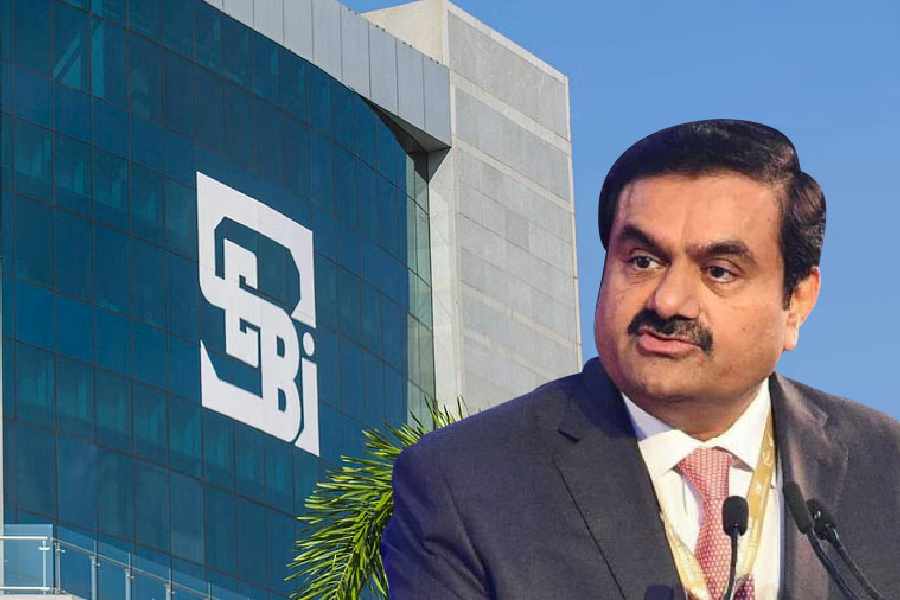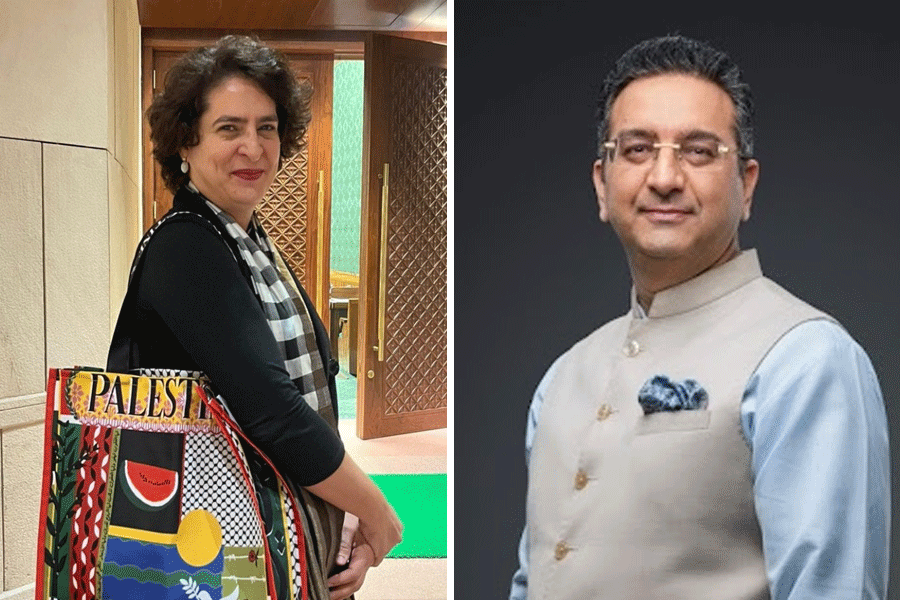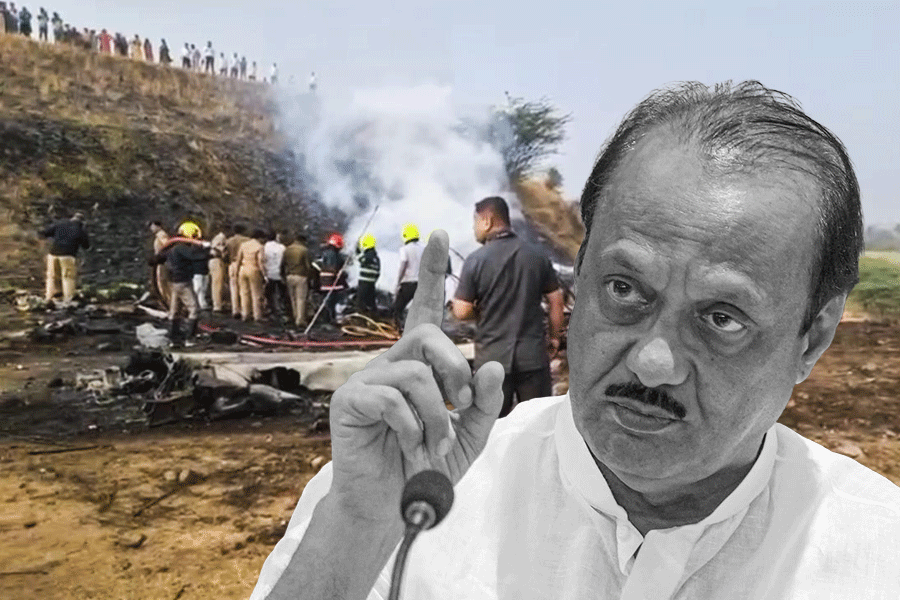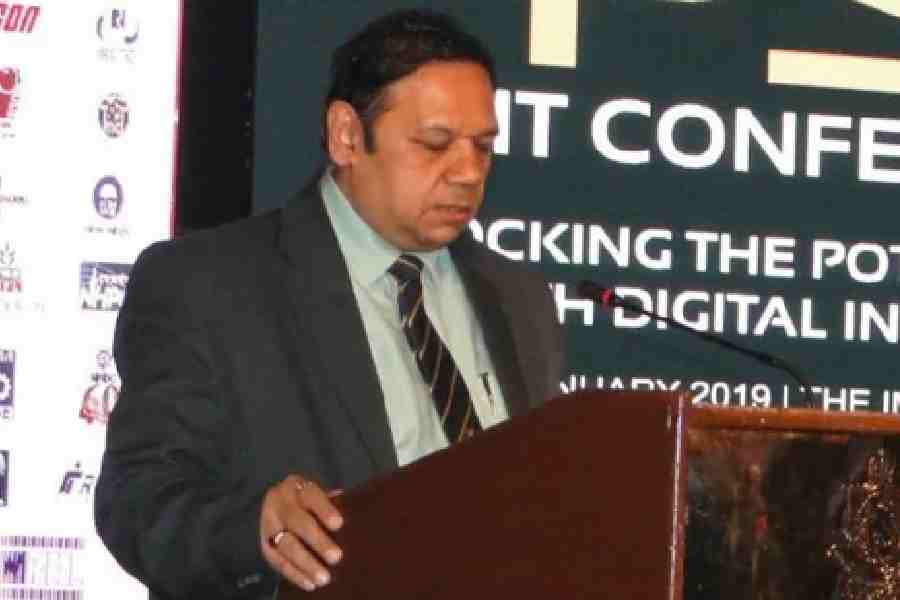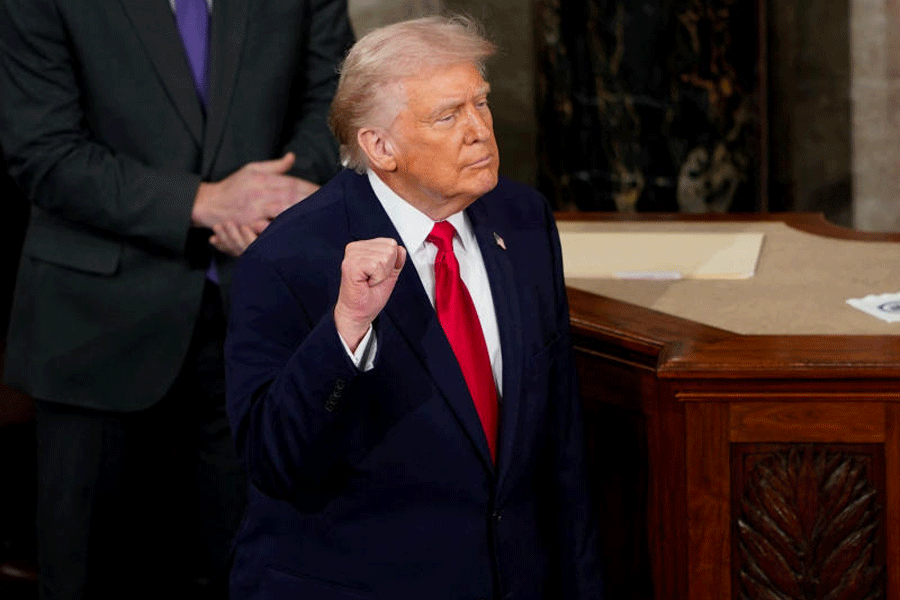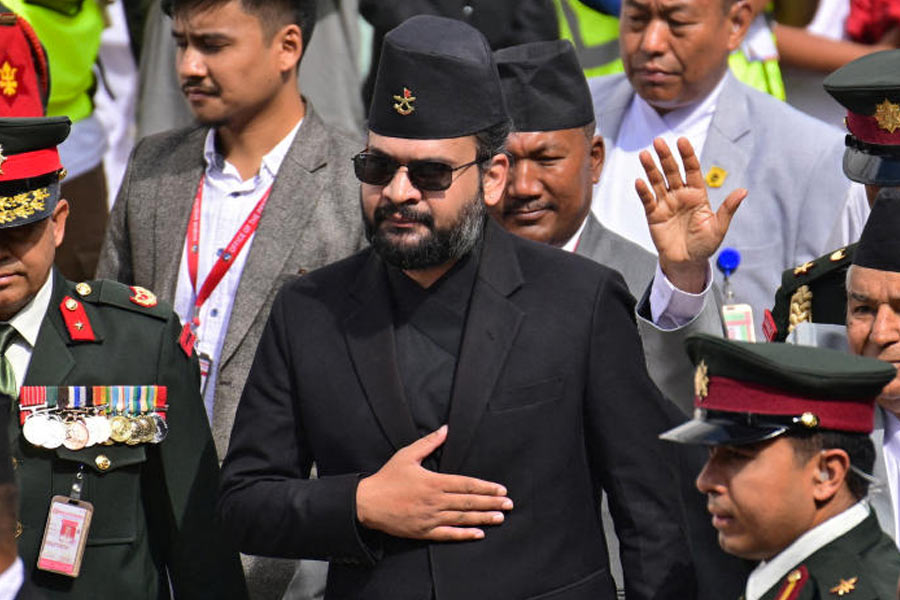The Supreme Court has granted a three-month extension to the Securities and Exchange Board of India (Sebi) to complete its investigation into the alleged shenanigans within the Adani group that Hindenburg Research flagged in its explosive report on January 24 — but it hasn’t lifted the haze on the 12 transactions that the regulator has cherry-picked for closer examination from the litany of charges that the US short seller made.
In its rejoinder affidavit to petitioner Anamika Jaiswal, who is contesting the regulator’s plea for a six-month extension for the submission of its report, Sebi had said the 12 transactions were “highly complex and have many sub-transactions across numerous jurisdictions”. It argued that it was still collating data from numerous sources and it was only after that that it would be able to arrive at “conclusive findings”.
But Sebi has already been investigating the Adani group — not from 2016 as Trinamul MP Mahua Moitra and a cabal of Adani-baiters have suspected, but definitely, since October 2020 when questions were raised about the blatant violation of public float rules by several listed Adani group entities.
Sebi has said in its rejoinder that as early as October 6, 2020, it had approached 11 overseas regulators under the Multilateral Memorandum of Understanding with the International Organization of Securities Commissions. Various requests for information were made to these regulators.
“The steps taken, responses received and the current status of information gathering under MMOU of IOSCO” have been shared with the six-member expert committee headed by retired Supreme Court Justice A.M. Sapre which has submitted its report to the court under a sealed cover. So, these details remain under wraps — at least for now.
The violation of the public float rules hinges on suspicions that entities closely linked to Vinod Adani — the elder brother of Gautam Adani — had picked up shares in several Adani entities and helped breach the minimum public shareholding (MPS) rules which set a 25 per cent threshold by individuals and non-promoter entities.
There is still no clarity on whether the regulator sourced information back then or why it has taken so long to conclude. In sum, the MPS probe dating back to 2020 gnaws at the very same issues that the Hindenburg report raised.
One will now have to wait till August 14 to gain greater clarity — and possibly not even then because the solicitor-general Tushar Mehta has spoken about the possibility that the report might not be ready so soon. The apex court has asked the watchdog to place on record an updated status about the probe before deciding on an extension. But it isn’t clear whether the Sebi submission at that time will be available in the public domain.
Some of the other charges or transactions that the Sebi is reportedly looking at include possible violation of related party transactions and instances of poor corporate governance.
The other big puzzle is where the investigation is taking place: in Delhi or Mumbai. This confusion arose after a callow, 22-year-old assistant manager at Sebi’s northern regional office in Delhi East Kidwai Nagar filed the affidavit and claimed that he was “fully conversant with the facts and circumstances of the case”.
Observers say that in such a big investigation, various offices can work jointly. But in the past, most investigations, submissions by parties and questioning of officials have taken place in Mumbai.
The other big enigma is over the regulators’ probe into certain irregularities relating to the global depositary receipt (GDR) issuances by 51 companies over a roughly 10-year period between February 2003 and FY 2013-14.
Sebi said that the Adani group companies which had never floated GDRs were not part of this probe.
But the suspicions arose when the regulator froze beneficiary accounts of three Mauritius-based entities — Albula Investment Fund Ltd, Cresta Fund Ltd and APMS Investment Fund — which coincidentally invested Rs 43,500 crore in the shares of four Adani group companies: Adani Enterprises, Adani Green Energy, Adani Transmission and Adani Total Gas.
The finance ministry and the market regulator have claimed that this was an attempt at mixing up two separate issues.
The regulator did not, however, reveal how many beneficiary accounts Albula, Cresta and APMS had with NSDL.
These three entities have close links with the Adani group. For instance, back in March 2016, Albula held 1.82 crore shares, or 1.66 per cent, and Crest had 3.79 crore shares or 3.45 per cent in group flagship Adani Enterprises. Their holdings have since dropped below 1 per cent and are, therefore, not publicly disclosed to the bourses any more.

